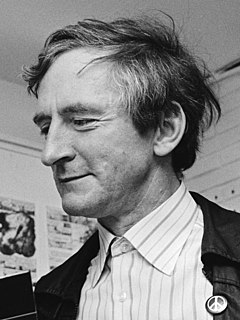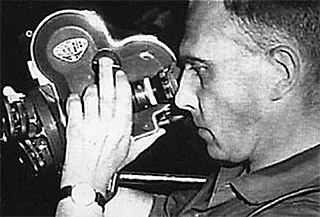A Quote by Mahatma Gandhi
Violent men have not been known in history to die to a man. They die up to a point.
Related Quotes
The strength to kill is not essential for self-defense; one ought to have the strength to die. When a man is fully ready to die, he will not even desire to offer violence. Indeed, I may put it down as a self-evident proposition that the desire to kill is in inverse proportion to the desire to die. And history is replete with instances of men who by dying with courage and compassion on their lips converted the hearts of their violent opponents.
Find out what it means to die - not physically, that's inevitable - but to die to everything that is known, to die to your family, to your attachments, to all the things that you have accumulated, the known, the known pleasures, the known fears. Die to that every minute and you will see what it means to die so that the mind is made fresh, young, and therefore innocent, so that there is incarnation not in a next life, but the next day.
Die - you will have to die. But die gracefully. I am not saying die like a stoic, I am not saying die like a very controlled man. No, I'm saying die gracefully, beautifully, as if a friend is coming, knocks at your door, and you are happy. And you embrace the friend and invite him in, and you have been waiting for him so long.
Family life in Western society since the time of the Old Testament has been a struggle to maintain patriarchy, male domination, and double standards in the face of a natural drift towards monogamous bonding. Young men have been called upon to prove their masculinity by their willingness to die in warfare, and young women have been called upon to prove their femininity by their willingness to die for their man. Women have been asked to appear small, dumb, and helpless so men would feel big and strong, brave, and clever. It's been a trick.
When men die, they die in fear", he said. "They take everything they need from you, and as a doctor it is your job to give it, to comfort them, to hold their hand. But children die how they have been living - in hope. They don't know what's happening, so they expect nothing, they don't ask you to hold their hand - but you end up needing them to hold yours. With children, you're on your own. Do you understand?









































